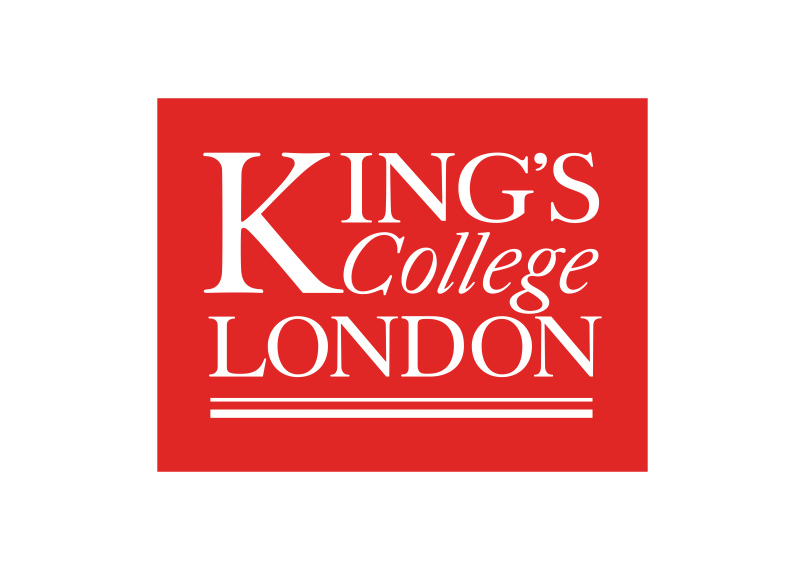
Programme 1: Workplace
Investigating the role of the workplace in supporting musculoskeletal conditions.
Our work begins in the workplace, including investigating interventions, how we measure their effectiveness, and how employees and employers can be better supported to assist working with MSK conditions.
Building the business case for workplace interventions for MSDs
This programme aims to understand the relevant factors for employers to enable them to better support people with musculoskeletal diseases (MSDs), including the economic value of interventions and what information employers need to make these more effective.
Core outcome measures for occupational health research
This project aims to develop an internationally-agreed set of core outcome measures, in order to consistently assess what we mean by ‘work participation’ in intervention studies where we are looking its effects on work.
Effectiveness and delivery of the WORKWELL programme in the UK
This research seeks to demonstrate the efficacy and effectiveness of the WORKWELL programme in improving the working lives of people with inflammatory arthritis (IA), including improving work outcomes and reducing the costs of IA for individuals, employers and society as a whole.
Guidelines for better musculoskeletal health in anaesthetists
Although there are currently many sources of guidance available on health and safety in the workplace, there was no guidance tailored to the anaesthetist profession. Working with our clinical partners, we developed guidelines to address the specific risk factors for poorer musculoskeletal (MSK) health in anaesthetists
Musculoskeletal health of NHS healthcare workers
The NHS is one of Europe’s largest employers with over 1 million staff, but NHS staff report high rates of sickness absence and diminished productivity at the cost of poorer patient care. We offered health checks to currently-working NHS staff members to describe the uptake of these services, and to measure the occurrence of self-reported lower back pain
Musculoskeletal health of surgeons
Surgeons working within the NHS reported significant musculoskeletal problems among colleagues and trainees. We undertook a survey amongst surgeons across the globe in order to measure the prevalence and impact of musculoskeletal symptoms within members of the profession
NHS healthcare workers’ health and wellbeing
The health of NHS workers is vital to efficiency and resilience of UK health services and to optimal patient care. We conducted a series of focus groups in order to further understand the current state of the health of NHS healthcare workers and staff from the perspective of the workers themselves.
Patient, public and employer input in CMHW research
Research looking to find out how the Centre’s research currently engages with patients and their employers, and how this can be improved, in order to ensure we are answering the questions that matter most to those affected by our work.
School to post-school transitions for young people 14-19 with persistent pain (the TickTock study)
Research aiming to review and improve existing support for young people aged 14-19 who have persistent pain, and who are transitioning from school to their next steps, including work, apprenticeships or further study.
Unmet needs of self-employed disabled people and business owners
Through a series of one-on-one interviews, this qualitative research explores disabled people’s experiences of navigating and sustaining self-employment and business ownership, including the opportunities and challenges it poses, and the support required to setup and sustain their working lives
WORKing with osteoarthrITis (WORK-IT)
This study aims to better understand what factors are most important to people living with osteoarthritis (OA), in order to improve interventions, advice and support for people living and working with the condition
Work outcomes after hip and knee replacement
Osteoarthritis (OA) causes significant problems in the working age population. While hip replacement and knee replacement are often successful at improving function in OA, as people are being encouraged to work to older ages, so these operations are increasingly likely to occur in people who need to return to work (RTW). This study seeks to investigate the mid-to-long term effects of knee and hip arthroplasty on RTW and patients’ working lives
























